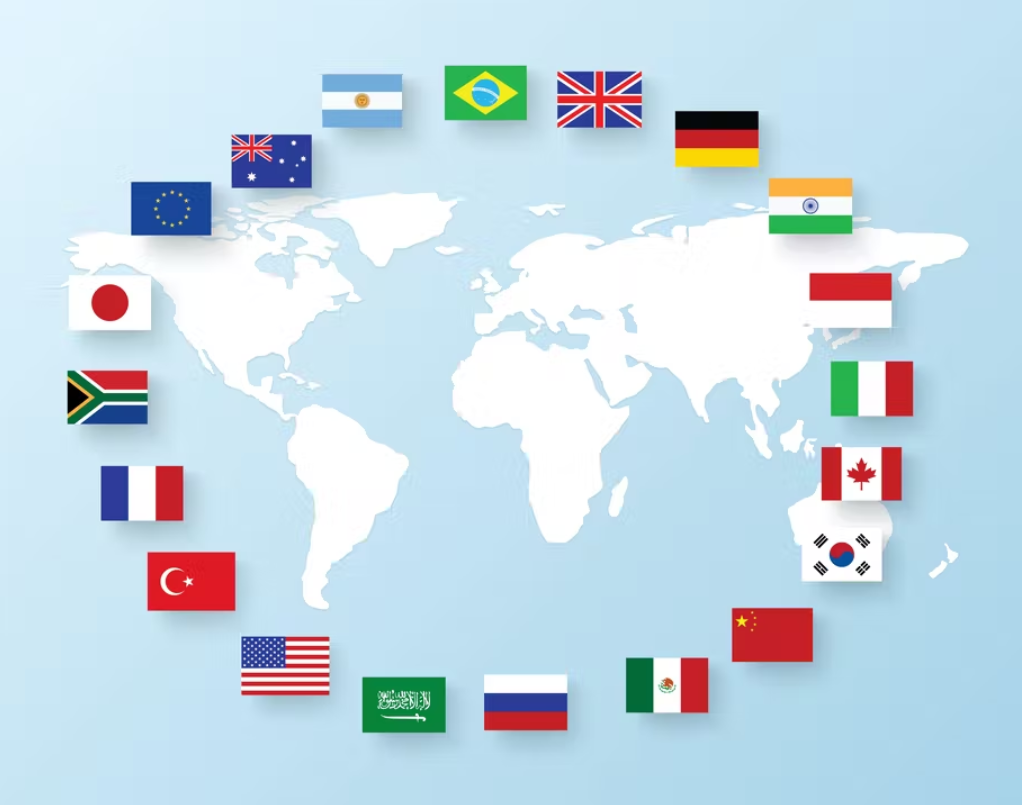News Highlight
In November, the 17th G20 Heads of State and Government Summit will take place in Bali. After Indonesia, India will assume the presidency of the G20.
Key Takeaway
- Indonesia has focused on three key pillars:
- Global health architecture.
- Sustainable energy transition.
- Digital transformation.
The areas where India needs to focus
- Using effectively the strategic role of the G20:
- The G20 holds a strategic role in securing global economic growth and prosperity.
- Together, its members represent more than 80% of the world’s GDP, 75% of international trade, and 60% of the world’s population.
- Deal effectively with ongoing issues:
- In a world affected by the pandemic and the Ukraine conflict, the rise of an assertive China, and economic challenges such as stagflation, terrorism, and climate change.
- Address issues that help bridge the emerging divide in the world order:
- India can assert its political, economic, and intellectual leadership while hosting the G20 presidency.
- But it will have to perform a delicate balancing act. On the one hand, the G20 has the West, the North Atlantic Treaty Organisation, and G7 partner nations setting the agenda.
- Give priority to domestic and regional issues:
- India needs to promote its priorities related to domestic and regional issues such as economic recovery, trade and investment, unemployment, and patent waivers on diagnostics, therapeutics, and vaccines to tackle COVID19 and terrorism.
- Greater cooperation between different organisations:
- India could forge greater cooperation with many G20 members, such as the European Union, the U.K., and Canada, thereby accelerating their coordination on realising free trade agreements.
- The overarching issues could be charting a road map for quick global economic recovery, focusing on the supply chain resilience mechanism and stressing green and digital transformations in the economy and their impact on societal well being.
What is G-20?
- The G20 was formed in 1999 against the backdrop of the financial crisis of the late 1990s that hit East Asia and Southeast Asia in particular.
- It aims to secure global financial stability by involving middle-income countries.
- It is an informal group of 19 countries and the European Union (EU), with representatives of the International Monetary Fund and the World Bank.
- Members:
- Argentina
- Australia
- Brazil
- Canada
- China
- France
- Germany
- India
- Indonesia
- Italy
- Japan
- The Republic of Korea
- Mexico
- Russia
- Saudi Arabia
- South Africa
- Turkey
- The United Kingdom
- The United States
- The EU.
- India has been a member of the G20 since its inception in 1999.
Content Source: The Hindu



